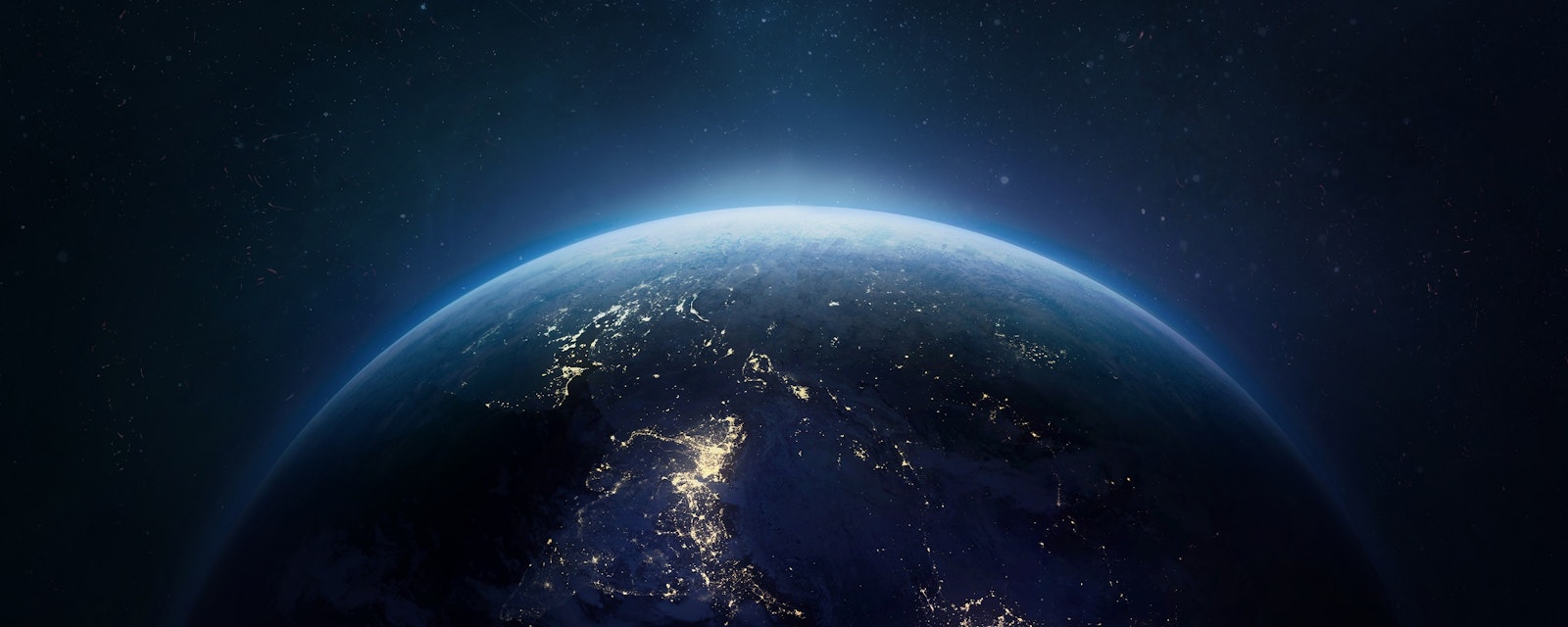Tom Standage, Deputy Editor of The Economist and Editor for The World Ahead 2022 joins Kevin Kajiwara for a one-on-one discussion on the top stories and other key global trends and predictions for 2022.
The World Ahead 2022
Teneo is pleased to support The Economist’s annual docuseries "The World Ahead 2022," highlighting top stories to watch in the year to come. Under the leadership of Tom Standage, deputy editor of The Economist and editor of "The World Ahead 2022," this year’s edition highlights new realities shaped by the COVID crisis, such as the new world of work; more deeply entrenched trends like the rise of China; and emerging storylines such as the space race, the metaverse and even an appearance by a sequel in the Marvel universe.
Each year, The Economist’s team of correspondents and experts start to identify these key themes and trends as early as May to be ready for publication in November.
COVID-19
Like the flu or common cold, COVID-19 won’t be eradicated and will likely become an endemic disease. However, it will continue to pose a risk for individuals with pre-existing medical conditions and for populations in the developing world. Individuals in richer countries who are taking the necessary precautions and are vaccinated are less likely to be in mortal danger from the virus.
As COVID-19 continues to evolve, stringent zero-tolerance strategies will not be sustainable in the long-run. China has successfully used this strategy to maintain a low COVID mortality rate, but eventually they will have to strike a balance between COVID-19 cases and restrictions and learn how to deal with new outbreaks.
Hybrid Working
There is a general consensus that a hybrid working model is the way of the future. However, there are disagreements between managers who want employees to spend more time in the office and workers who are in favor of working remotely.
Research shows that there are also demographic distinctions as more white males want to return to the office than non-white males and females. This has the potential to undo some of the progress on diversity and inclusion and the gender pay gap if white males are rewarded with more opportunities and promotions through the phenomenon of presenteeism. Additionally, younger, less established workers will find it difficult to create networks and establish mentor relationships from home, which could hinder their opportunities in the future.
Democracy vs Autocracy
The rivalry between the U.S. and China focuses on their competing political systems in a rapidly changing 21st century. The U.S. represents democracy while China represents a more authoritarian model that China believes offers greater stability. China argues that the extreme changes that happened in U.S. leadership from Obama to Trump to Biden is a destabilizing influence that prevents any real progress, while China’s system allows them to make long-term plans for topics such as climate change. The success of China also helps other autocrats make their own cases against democracy.
Cryptocurrency
In addition to blockchain-based coins like Bitcoin, there are other digital currencies such as stable coins and central bank digital currencies. China’s digital Yuan, which has been used for over 10 billion transactions already, allows the Chinese government to send stimulus payments for approved expenses with expiration dates – meaning the currency will expire if not used in a certain timeframe. With increased regulation coming to blockchain-based coins and their extreme energy cost, it is likely that the central bank digital currencies are the digital currencies that are most likely to succeed in the future.
Space Race
2022 will be the first year that more people go to space as paying passengers than as government employees, carried aloft by space entrepreneurs. SpaceX has plans to build a satellite internet business called Starlink that could potentially bankroll Elon Musk’s ultimate goal of building a base on Mars. However, Musk has received some pushback on his plans as other companies and countries have expressed their concern about the risk of space debris and the amount of available real estate in space.
Climate Change
Some progress has been made on climate change as countries representing 90% of the world’s economy have now pledged to hit net zero emissions by the end of the century. However, these grand promises are easy to make but harder to actually implement. The world needs to massively increase its spending to create a new energy infrastructure in order to deal with both short-term energy needs and long-term climate goals.




